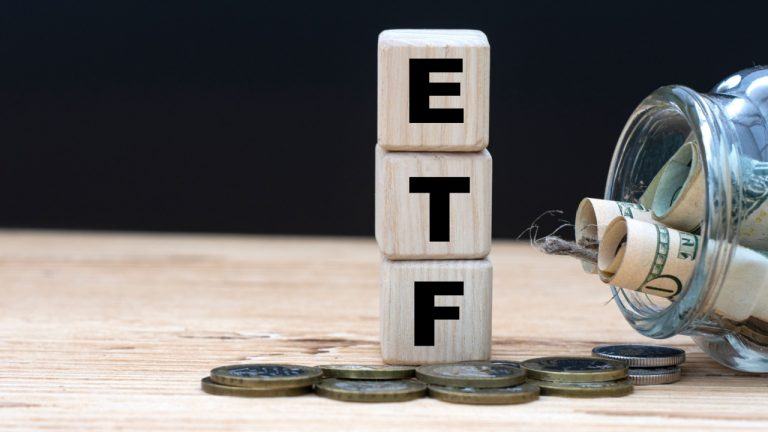
AML compliance mandatory for foreign crypto exchanges, says Korean regulator

South Korea’s strict crypto regulatory oversight is now extending to overseas exchanges that offer cryptocurrency trading services denominated in the country’s currency.
Eun Sung-soo, chairman of South Korea’s Financial Services Commission (FSC), has said that foreign crypto exchanges that deal in the Korean won must comply with the country’s Anti-Money Laundering standards.
According to The Korea Herald on Tuesday, Eun made these comments while fielding questions from lawmakers about the FSC’s plans to regulate crypto exchange giant Binance.
Eun reiterated the need for overseas exchanges that offer won-denominated crypto trading pairs to comply with the same Anti-Money Laundering standards as platforms based in the country.
As part of this compliance, these foreign exchanges will have to register with the Korea Financial Intelligence Unit — the FSC’s AML watchdog.
The FSC chairman’s remarks also offer another indication of South Korea’s efforts to maintain strict oversight on its local crypto market. Back in April, the government announced an interagency operation aimed at combating illegal cryptocurrency dealings including money laundering and tax evasion.
As previously reported by Cointelegraph, a recent investigation uncovered $1.48 billion in illegal overseas crypto transactions with over 30 people implicated in the case.
Eun’s directive for exchanges to register is part of the revised law announced back in March but is scheduled to take effect in September.
Related: South Korea’s small crypto exchanges face increasing regulatory heat
Apart from AML compliance, exchanges must also utilize real-name account trading. As such, platforms must forge banking relationships with financial institutions in the country.
Presently, only the “big four” — Korbit, Bithumb, Coinone, and Upbit — are in compliance with the real-name trading provision. Smaller crypto exchanges are reportedly finding it difficult to secure banking partnerships and risk being banned from operating once the six-month grace period elapses in late September.
Meanwhile, major South Korean banks are entering into the crypto custody business with Woori becoming the latest financial institution to announce a custodial product for cryptocurrencies.
Go to Source
Author: Osato Avan-Nomayo








